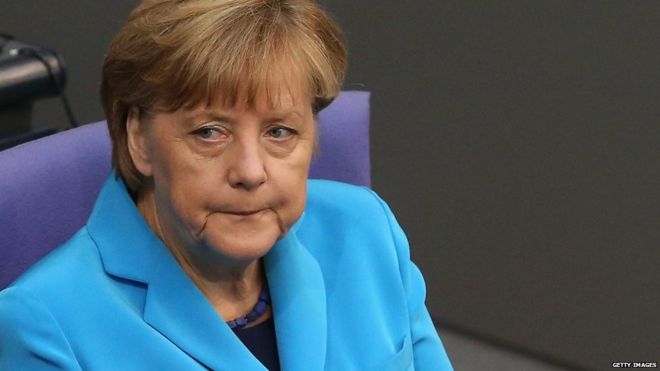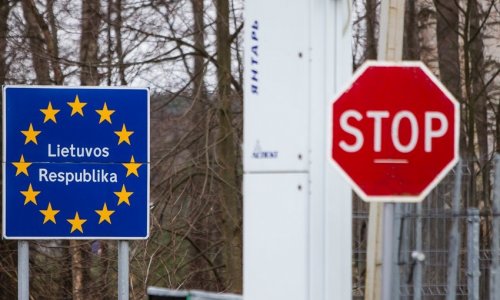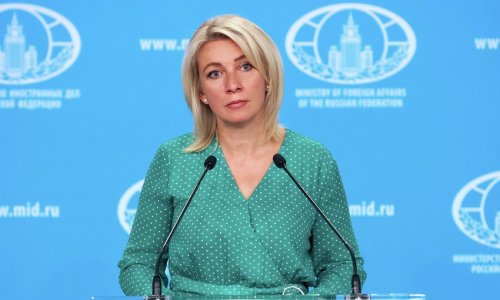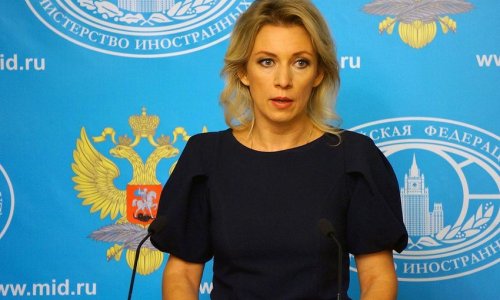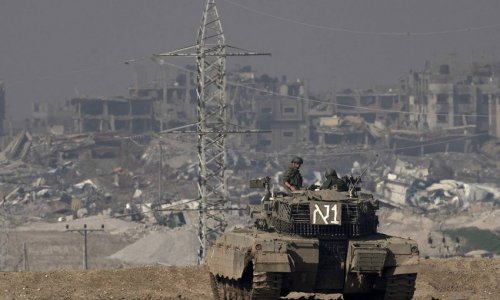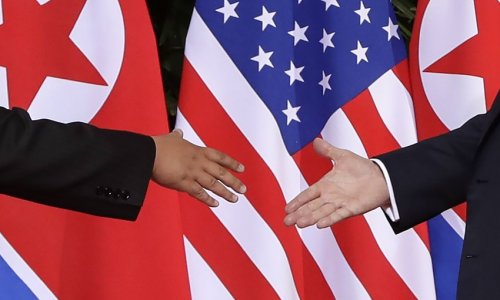One minute, with Angela Merkel's announcement that Syrian refugees will be taken in, Germany appears to fling open the doors and put out the welcome mat. The next, as border controls are reintroduced, the door is slammed shut and the mat rolled up.
Why has Germany changed its mind?
In fact Mrs Merkel's policy hasn't actually changed so much - but the message has, and it is mainly a political one to her allies in government.
The chancellor is already regarded with suspicion by many on the right of her party, who accuse her of dragging the Christian Democrats to the middle-ground to win votes.
Being soft on migrants only confirms their worst suspicions.
Her conservative sister party, the CSU, unconstrained by loyalty, have been even more confrontational, calling Berlin's approach to migration "an unparalleled political error".
It doesn't help that the CSU governs Bavaria, the southern region where migrants and refugees first arrive.
And leaders of Germany's regional states have denounced Mrs Merkel's sudden promise of welcome, saying they were not informed and left unprepared.
This matters, because it's the regional authorities, not the federal government in Berlin, that are mainly responsible for looking after migrants.
What happens when migrants get to Germany?
How does Germany integrate its refugees?
So Berlin would be wise to get them on side. Money has been promised.
But some state leaders seem to feel they were taken by surprise by a move which Mrs Merkel gets the credit for, and for which they will have to do the legwork.
But even those who support Germany's promise to take in people fleeing war have been startled by the numbers.
Vice-Chancellor Sigmar Gabriel reckons one million people could arrive in Germany this year looking for asylum. And on Saturday alone 13,000 people arrived in Munich main train station, needing instant shelter and care.
This is a huge logistical challenge which the authorities only just managed to pull off, thanks in part to help from local people.
So controlling the borders temporarily is supposed to give regional authorities breathing space, as well as allay the fears of state leaders and right-wing allies that the situation is out of control.
But the government remains committed to taking in refugees. What has changed is that faced with huge numbers the authorities are more determined to weed out economic migrants from the Balkans and clamp down on people smugglers.
And Berlin is now going to get tougher demanding more help from other European countries.
Interior Minister Thomas de Maiziere has made it clear that EU rules are still valid, and that migrants must register and apply for asylum in the first EU country they arrive in.
After that, Berlin believes, other European countries should be prepared to take in their fair share of refugees according to a quota system.
Given that Britain and some eastern European countries refused to sign up to even the modest quotas proposed few weeks ago, it is hard to see how a deal can be reached.
But after weeks of confusion over what the exact policy is, Germany's government is now starting to clarify what the country can and can't do. And how it expects the rest of Europe to help.
The question is, though, what this will mean for migrants and refugees already on their way to the German border.
(BBC)
www.ann.az
Follow us !

